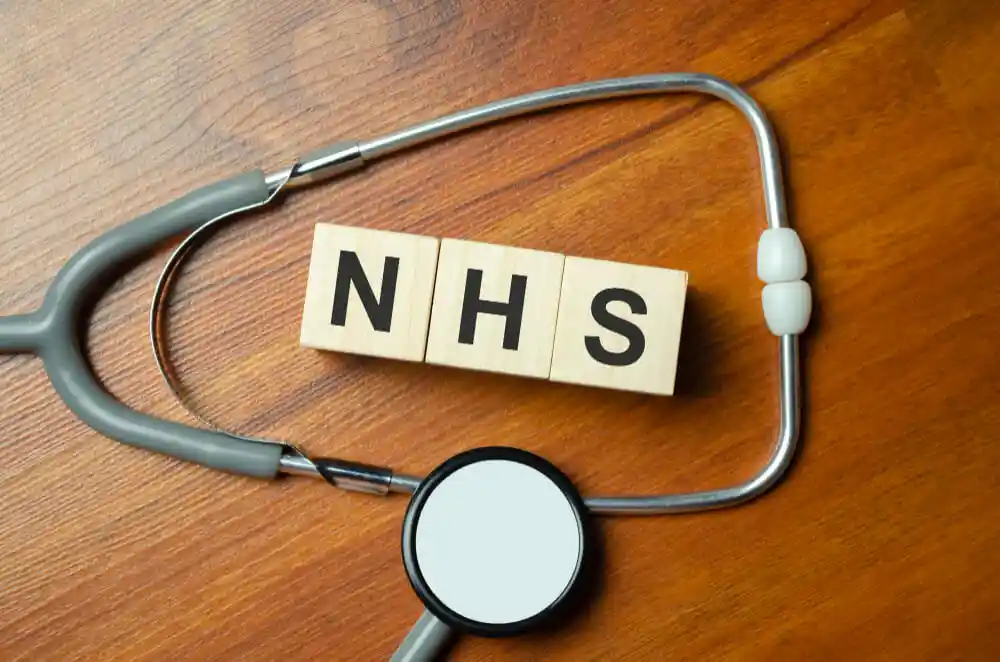
Authored by Jana Abelovska - GPhC-Registered Pharmacist
10-04-2023
Are you having trouble getting an NHS prescription? With this area getting more and more complicated, it's important to know the rules.
Click Pharmacy is registered and regulated as an internet pharmacy with the GPhC. We hold an NHS contract for repeat prescriptions. We also handle private prescriptions. We dispense and deliver across the UK in discreet packaging.
Here’s some up-to-date information on:
-
Which medicines are available on NHS prescription
-
Recent changes
-
How you can get these medicines quickly and safely
Always talk to your doctor or pharmacist before starting a new treatment.
What is an NHS prescription?
An NHS prescription allows patients to get medicines from approved pharmacies. The NHS covers most of the cost. This means that people can get the treatment they need, whatever their financial situation.
NHS prescription charges
The NHS prescription system aims to make essential medicine affordable. For most medicines, there is a standard charge per item. There are exceptions to this. Various exemptions and concessions also apply. The NHS constantly improves and adapts the system to keep up with changes.
NHS prescription prepayment certificate (PPC)
The NHS PPC helps if you need regular medicine. It allows you to pay a fixed fee for any medicines you need over a given period of time (usually three months or a year). It covers most of the medicines you might need.
For people with chronic conditions needing ongoing treatment, the PPC gives peace of mind.
How can I renew a PPC?
You can renew your NHS PPC by:
-
Going online to the NHS PPC webpage
-
Calling the PPC order line
-
Visiting your local pharmacy
You should receive your new certificate within a couple of weeks.
Types of NHS prepayment options
As well as the PPC, there are other types of NHS prescription certificates. Understanding them will help you get the right level of financial help. For instance, you may qualify for an HC2 or HC3 certificate issued by the NHS Low Income Scheme.
The HC2 covers the total cost of prescriptions. The HC3 provides partial financial support. There are also maternity exemption and medical exemption certificates. Understanding what is available will help you work out the right support for you or a loved one. It will also save you money.
How to order a repeat NHS prescription
If you’re tired of going to your GP every time you need a repeat prescription, we’ve got good news! It’s just become easier than ever. The NHS now offers a choice of options, including online, via its mobile app and from a pharmacy.
This new system is much smoother and more efficient. It means no more long queues and much shorter waiting times.
How much does an NHS prescription cost?
The current charge is £9.90 per item in England. In Scotland, Wales and Northern Ireland, it’s free. Various exemptions may apply. If you have certain conditions or are on certain benefits, you may qualify for free or reduced-cost prescriptions. Always look into your options and talk to your healthcare provider.
Conclusion
It’s important to understand the different aspects of the NHS prescription service:
-
Types of prescriptions
-
Exemptions
-
Certificates
-
Prepayment options
-
Renewals
-
Costs
This will make sure you and your family get the best care delivered right to your door.